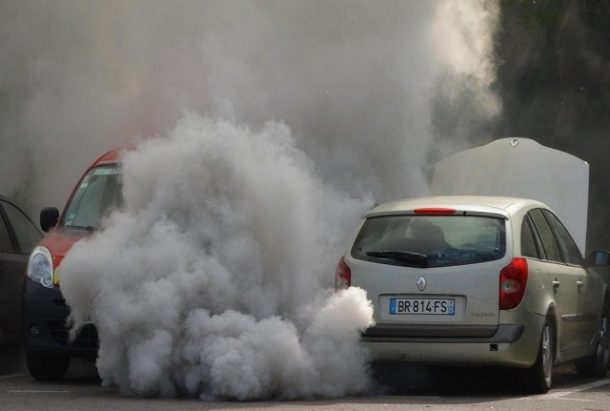German court has given a ruling that cities in the country are now allowed to ban the usage of Diesel vehicles. The rule is not compulsory, however, the court emphasized Duesseldorf and Stuttgart to take the decision seriously as a part of their anti-pollution plans. Stuttgart, which is also known as the German capital of air pollution, has an increasing number of nanoparticles which exceed the legal limits continuously. The concentration of nanoparticles in this city is much more than any other city in the world.
It is still unclear if the ban will benefit the country where diesel-powered vehicles are viewed as a better alternative to gas-powered vehicles. The cities are not required to compensate the drivers who will be asked to give up their diesel-powered cars. The ban can also lead to the end of the combustion engine, which is a German creation and they take great pride in it.

German automobile manufacturers like Daimler, Volkswagen, and BMW are concerned about the rule since a major chunk of their sales comes from Diesel vehicles. Germany’s Environment Minister Barbara Hendricks said that the ban can be avoided if car manufacturers agree to work towards upgrading old diesel systems. Hendricks said, “The problem was caused by carmakers and we should not release them from their responsibility.”
German cities are not the only one who is facing the ban by the government. Virginia Raggi, Rome’s mayor, has also announced that they are also applying the ban on the diesel vehicles by 2024. He said, “If we want to intervene seriously, we have to have the courage to adopt strong measures.” The European cities Copenhagen and Paris will also be observing how Germany’s ban goes while they work on their own plans to fight the pollution. In October, Paris also announced that they will be banning all non-electric cars by 2030.

Banning diesel engines will be good for the air quality in Germany but this step cannot have that much of a positive impact on the country’s environmental targets. Their economy is still dependent on coal and Germany is determined to reduce its carbon emission level by 40% from 1990 by 2020. However, so far this has not been achieved. The steps like banning polluting vehicles, introducing hydrogen-powered trains and offering free public transportation is good PR. These steps show that the country is determined to fight the environmental pollution. There might also come a day when they announce to ban the usage of coal mines as well. Till then, fingers crossed!


